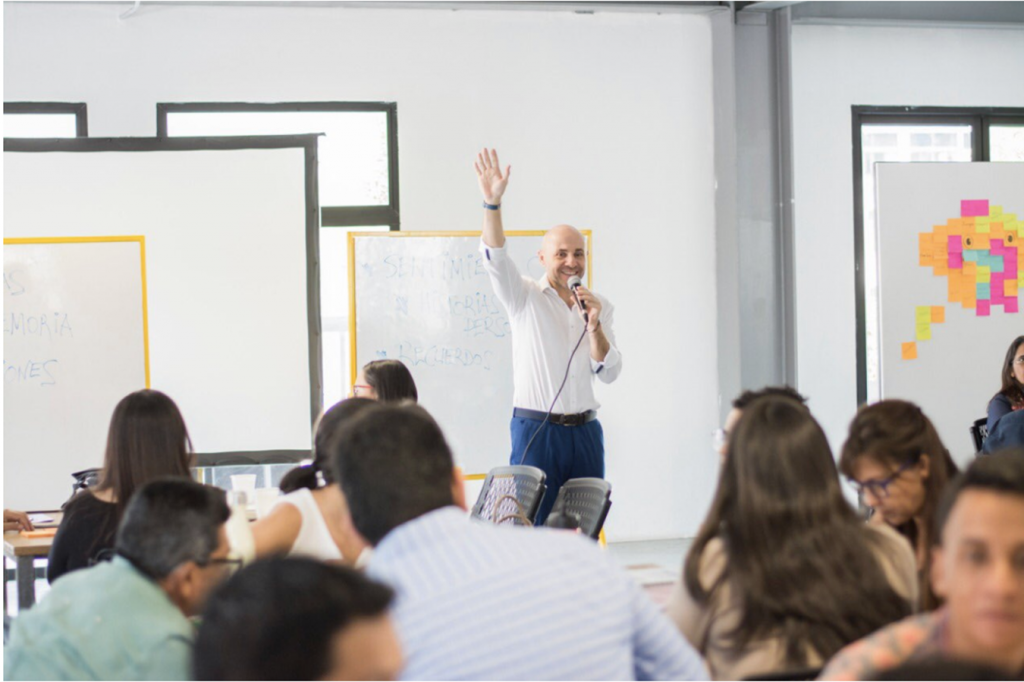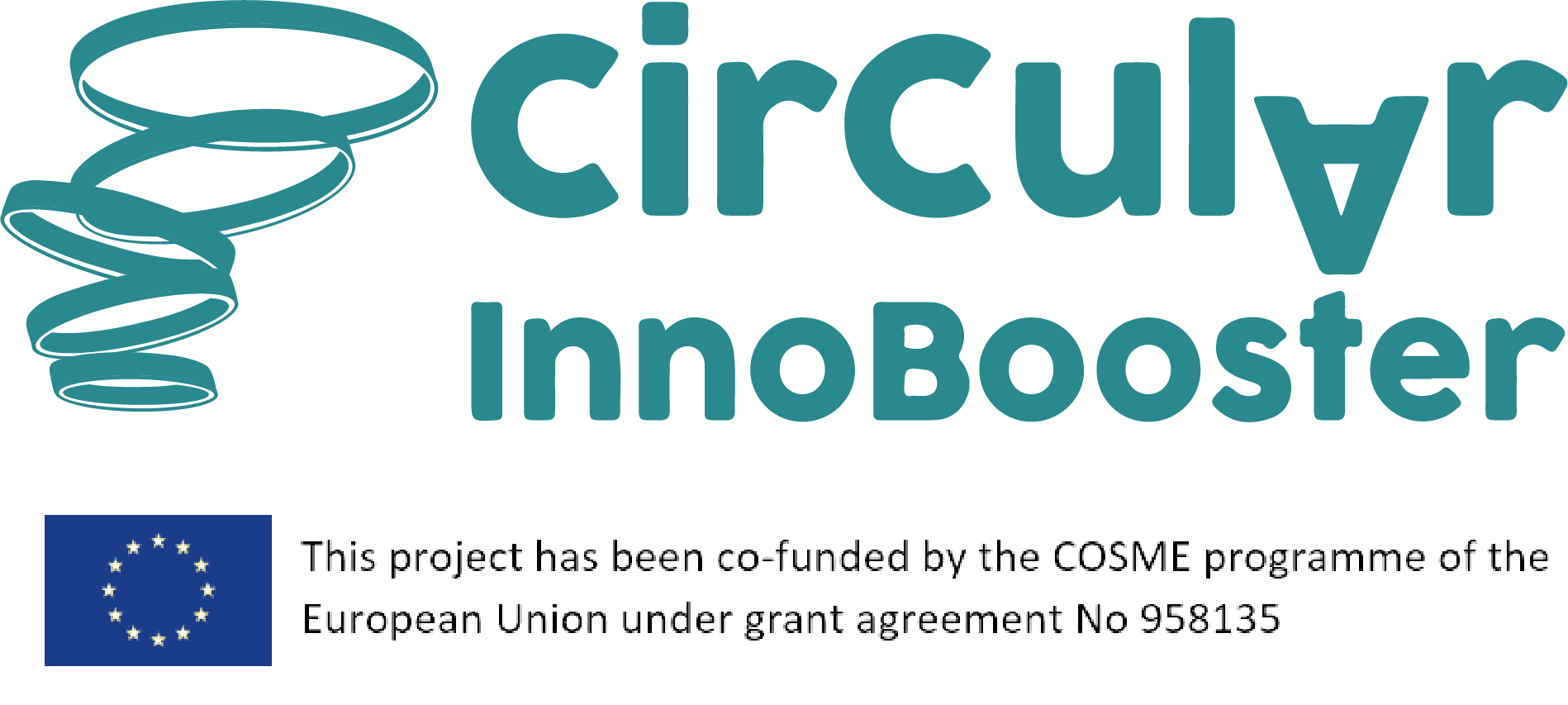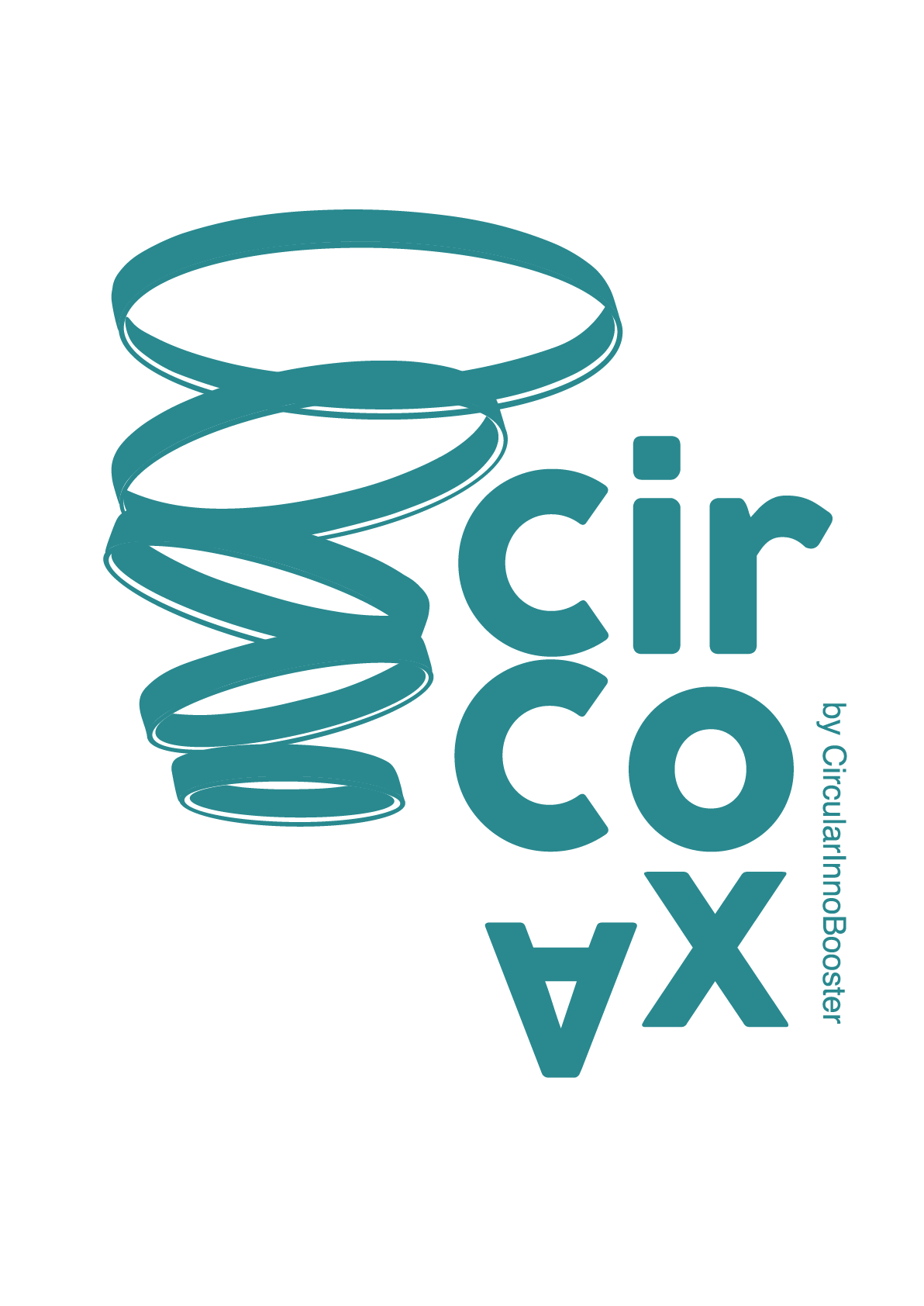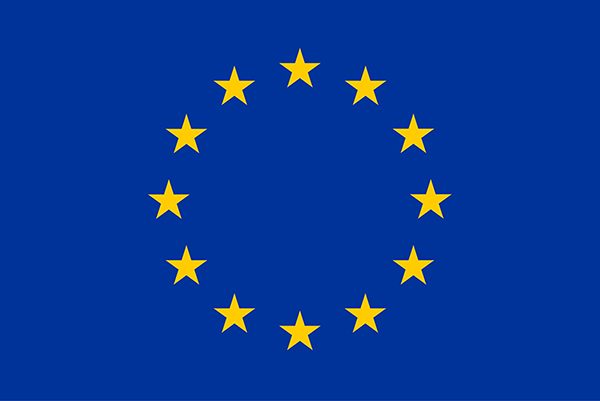Global warming is a combination of multiple factors, including the fashion industry and our role as consumers. Globally, we throw away clothes at a very high rate and every second a rubbish truck full of clothes ends up in landfills or burned. Taking action to change fashion can reduce climate impact and improve the lives of the workers who produce fashion.
Change means thinking about fashion differently. Designing transformative business model strategies that use more durable materials, produce raw materials from renewable resources and reduce the amount of waste in manufacturing. But this will not be enough. Companies will also need to take steps to reduce overstocking, decarbonise operations and improve their material mix.
Fashion currently accounts for between 3% and 7% of Greenhouse Gas emissions and this is expected to increase as demand from the sector rises in the coming years.
What can we do as consumers?
There are also emissions associated with consumer use of clothes related to the maintenance of clothes and the length of time we wear the garments. The washing of clothes generates microplastics that affect wildlife and pollute the seas. Action can be taken by reducing the number of times a garment is washed, using natural ventilation when it is not stained. Another way could be by using wash programmes with lower spin speeds and cold wash temperatures. In addition, it is possible to participate in circular business models, seasonal collection lending models, repair systems, reuse of second-hand garments and recycling.

What is the future of fashion?
In Europe it is a priority to become climate neutral by 2050 and for this to happen, fashion must move towards models that allow us to be more sustainable. A priority line of work is to dynamise the sector by creating new business models that accelerate this transformation. Also, to generate the necessary tools to educate and learn about how to work by introducing circular models.
In collaboration with the CircularInnoBooster Fashion and Textile (F&T) project, led by the “Istituto Europeo di Design”, Grancasa has designed a programme of activities that will help us to reflect on these new ideas.
Sustainable fashion programme:
21st September.
12:30 h. Conference. Trends in sustainable fashion. Speaker: José Francisco García from “Istituto Europeo di Design” (IED), leader of the CirCoAX by CircularInnoBooster project.
13:00 h. Colloquium. Irene Bielsa Tafalla, Aragonese designer.
13:15 h. Case studies. Gonzalo Barrio, founder of the sustainable fashion brand Back To The Roots.
23rd September.
17:00 h. Conference. A new European look at fashion, new techniques, new alliances. Paloma García López from “The Circular Project” and “Circular Sustainable Fashion Week Madrid” Project promoter, communications manager, coach and expert in CirCoAX by CircularInnoBooster.
17:40 h. Case studies. PYRATEX, Advancement through nature.
17:45 h. Case studies. DeleiteWear, Sustainable Ethical Fair Fashion.
17:50 h. Case studies. Irene Bielsa, timeless collections.
17:55 h. Case studies. Cortel shoes, sustainable shoes from Zaragoza.
18:00 h. Workshop. Turn your wardrobe towards sustainability. Eva del Ruste, 13th market, Zaragoza.
ABOUT CIRCOAX BY CIRCULARINNOBOOSTER:
CircularInnoBooster Fashion and Textile (F&T) is a project funded by the European Union’s Competitiveness of Enterprises and Small and Medium-sized Enterprises Programme (COSME). With a duration of 2 years, it has a budget of 1,128,000 euros, 75% co-financed by the European Commission. The project is composed of an international consortium led by the “Istituto Europeo di Design” (IED), together with Texfor, Circulab, Finnova and “The Circular Project” with HumanNation. The CircularInnoBooster project aims to transform textile and fashion companies into sustainable, circular and regenerative enterprises. CircularInnoBooster implements a unique business support scheme within the framework of CirCoAX. Over a period of 8 months, the CirCoAX programme is designed to accelerate 30 transnational consortia and transform businesses in the F&T industry into regenerative, circular, and sustainable businesses by applying a progressive and innovative approach with a social innovation component. From March 2022, the acceleration programme has been launched for the 30 projects with sustainability mentoring sessions, advice on funding opportunities, access to IED Lab services and funding of €12,000.



